The PPC Advantage: Why PPC Marketing is a Superior Investment over SEO Optimization
- Chase McGowan
- Jan 13, 2024
- 4 min read
Updated: Jul 21, 2025
In the ever-evolving landscape of digital marketing, businesses are constantly seeking ways to maximize their online presence and drive targeted traffic to their websites. Two key strategies that often come into play are Pay-Per-Click (PPC) marketing and Search Engine Optimization (SEO). While both have their merits, this blog post aims to shed light on why PPC marketing is a superior investment compared to SEO optimization.

I. Immediate Results and Visibility:
One of the most significant advantages of PPC marketing is the immediacy of results. Unlike SEO, which takes time to build organic rankings and visibility, PPC allows businesses to appear at the top of search engine results pages (SERPs) almost instantly. This is particularly crucial for new businesses or those looking to promote specific products or services quickly.
A. Quick Setup and Launch:
PPC campaigns can be set up relatively quickly. Platforms like Google Ads and Bing Ads provide user-friendly interfaces that allow advertisers to create and launch campaigns in a matter of hours. On the other hand, SEO optimization requires ongoing efforts, including keyword research, on-page optimization, and building backlinks, which may take months to yield significant results.
B. Targeted Traffic:
PPC advertising allows businesses to target specific keywords, demographics, locations, and even devices. This level of precision ensures that ads are shown to a highly relevant audience, increasing the likelihood of attracting potential customers. SEO, while valuable for organic traffic, might not offer the same level of targeting flexibility.
II. Measurable and Trackable ROI:
PPC marketing offers robust analytics and tracking capabilities, allowing businesses to measure the return on investment (ROI) with precision. Advertisers can track clicks, impressions, conversions, and other key performance indicators (KPIs) in real-time. This data-driven approach empowers businesses to optimize their campaigns continuously for better results.
A. Conversion Tracking:
Unlike SEO, where attributing conversions to specific keywords or activities can be challenging, PPC platforms provide detailed conversion tracking. Businesses can directly attribute conversions to specific keywords, ads, or campaigns, enabling a deeper understanding of what is driving results.
B. A/B Testing:
PPC campaigns allow for easy A/B testing of ad copy, visuals, and landing pages. Advertisers can experiment with different elements to identify the most effective strategies. This iterative testing process ensures ongoing optimization, leading to improved campaign performance over time.
III. Budget Control and Cost Predictability:
PPC marketing provides businesses with unparalleled control over their budgets. Advertisers can set daily or monthly spending limits, ensuring that they remain within their financial constraints. Additionally, the pay-per-click model means businesses only incur costs when users engage with their ads, providing a level of cost predictability that SEO may lack.
A. Bid Management:
PPC platforms offer sophisticated bid management tools that allow advertisers to adjust bids based on various factors, including keyword performance, time of day, and device type. This level of control ensures that businesses can allocate budgets strategically to maximize their ROI.
B. Flexible Budget Allocation:
With PPC, businesses have the flexibility to allocate budgets to specific campaigns or keywords based on performance. If certain keywords are driving more valuable traffic, advertisers can allocate more budget to those keywords, optimizing their spending for the best results.
IV. Geographic and Demographic Targeting:
For businesses with specific geographic or demographic target audiences, PPC marketing provides unparalleled precision in reaching the right people. Advertisers can tailor their campaigns based on location, age, gender, interests, and other demographic factors.
A. Local Business Advantage:
Local businesses, in particular, can benefit from PPC's ability to target users in specific geographic locations. Whether it's promoting a local event, attracting foot traffic to a physical store, or competing with other businesses in the area, PPC provides the tools to reach the right audience at the right time.
B. Ad Scheduling:
PPC platforms allow advertisers to schedule when their ads are displayed. This feature is invaluable for businesses wanting to reach their audience during peak hours or specific days of the week. SEO, on the other hand, relies on the organic ranking algorithm, making it less predictable in terms of when a business will appear in search results.
V. Adaptability to Changes and Trends:
In the dynamic landscape of digital marketing, staying adaptable is crucial for success. PPC marketing offers businesses the flexibility to adapt quickly to changes in market conditions, consumer behavior, or industry trends.
A. Rapid Campaign Adjustments:
If there's a sudden shift in consumer behavior or a new trend emerges, PPC campaigns can be adjusted promptly to capitalize on opportunities. Advertisers can update ad copy, target different keywords, or modify budgets to align with changing circumstances.
B. Seasonal Campaigns:
For businesses affected by seasonality, PPC provides the agility to run targeted seasonal campaigns. Advertisers can launch and pause campaigns as needed to align with seasonal trends, whether it's promoting holiday specials, back-to-school offers, or summer discounts.
VI. Brand Awareness and Control:
While SEO is crucial for building organic visibility and credibility over time, PPC marketing offers businesses immediate control over their brand messaging and visibility.
A. Branding Through Ad Copy:
PPC ads allow businesses to craft compelling ad copy that aligns with their brand messaging. Advertisers can showcase unique selling propositions, promotions, or brand values directly in their ad text, contributing to immediate brand recognition.
B. Competitive Advantage:
In highly competitive industries, PPC provides a competitive advantage by allowing businesses to outbid competitors for top ad placements. This visibility at the top of SERPs can be instrumental in capturing the attention of potential customers and establishing brand authority.
Conclusion:
While SEO optimization is undeniably crucial for a comprehensive digital marketing strategy, the immediate and measurable benefits of PPC marketing make it a superior investment in many scenarios. The ability to drive targeted traffic, track ROI with precision, control budgets effectively, and adapt to changes quickly positions PPC as a powerful tool for businesses looking to achieve rapid and tangible results. When used strategically in conjunction with other marketing efforts, PPC can be a catalyst for growth and a key driver of success in the competitive online landscape.




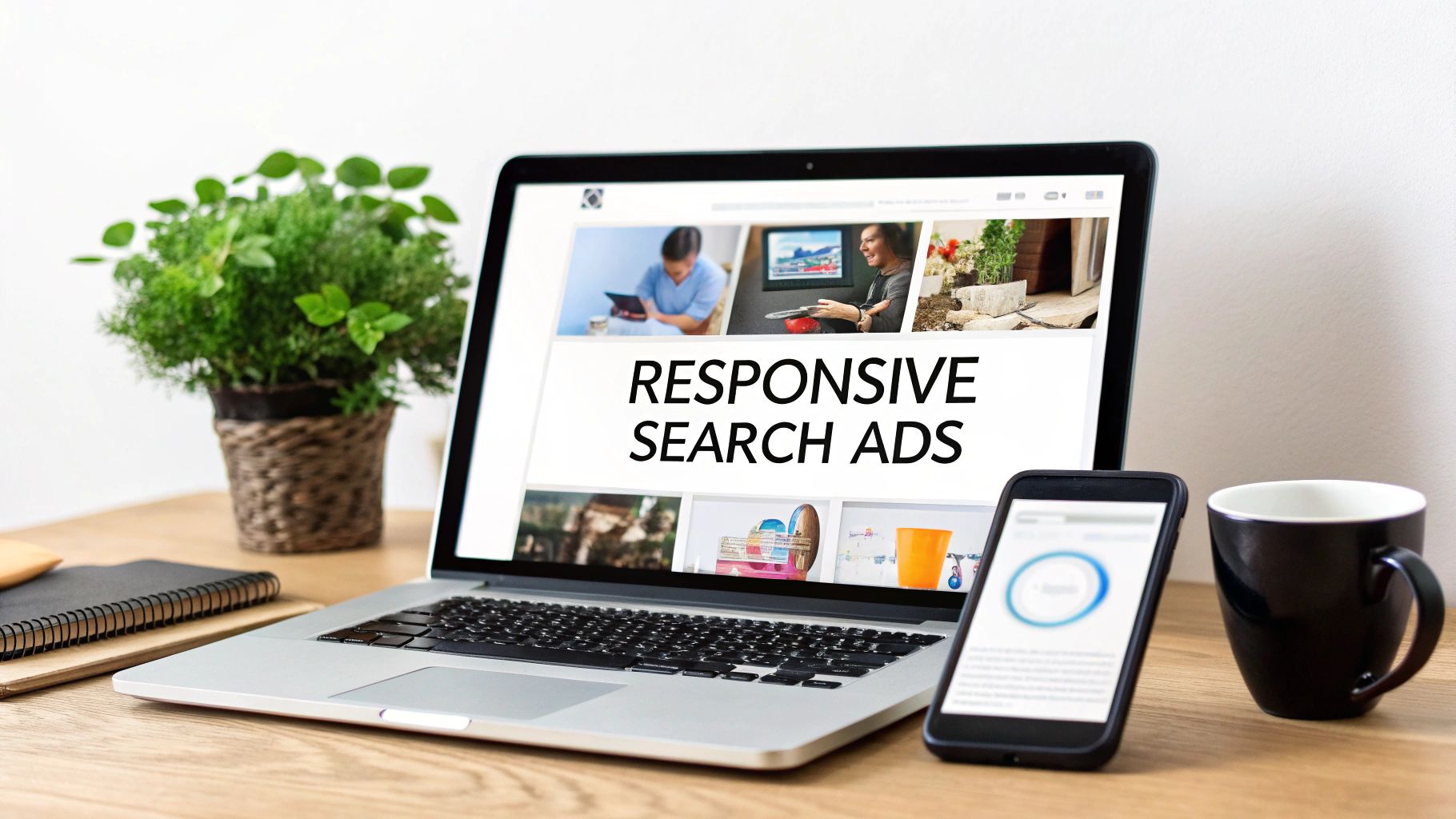
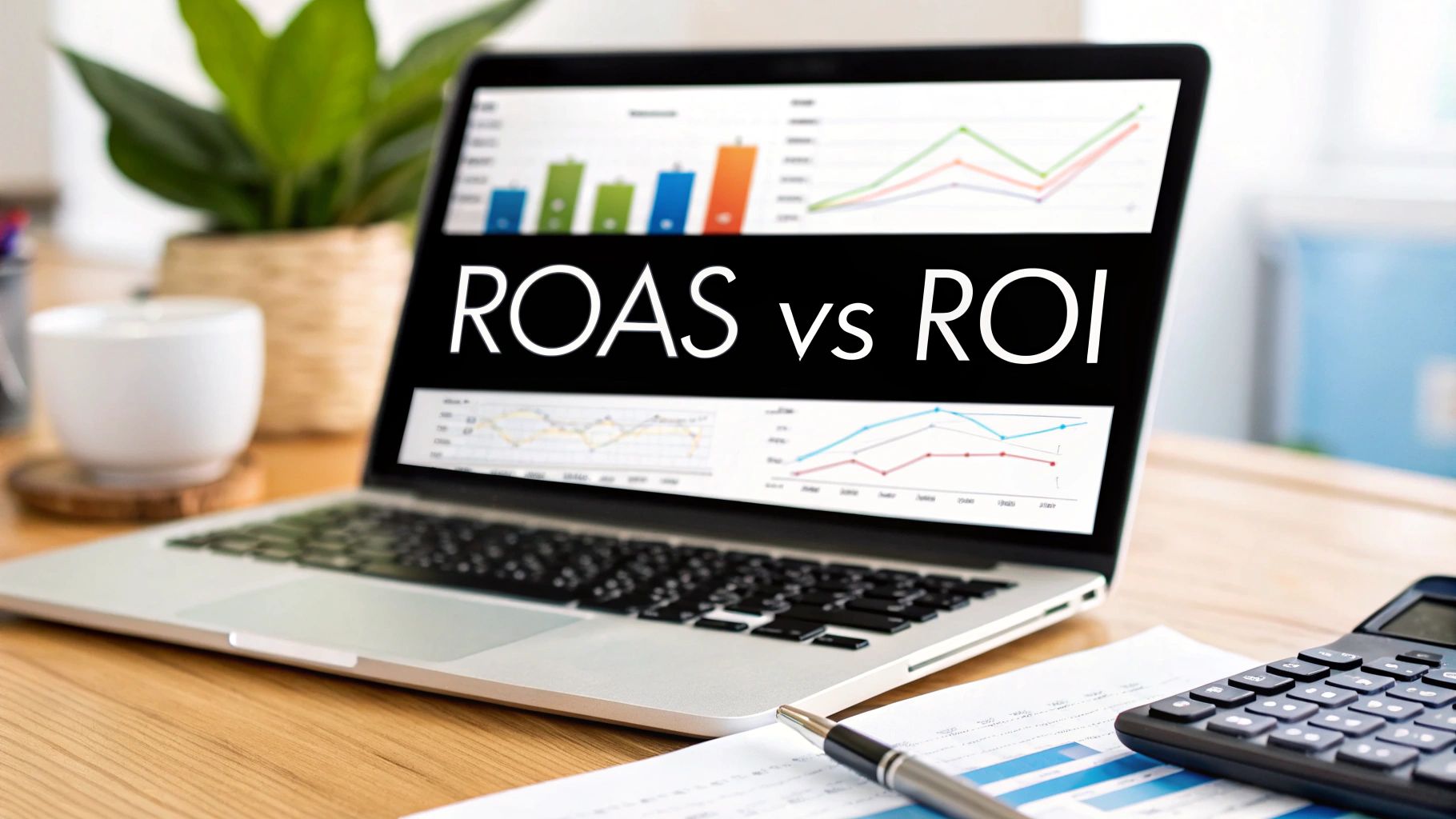
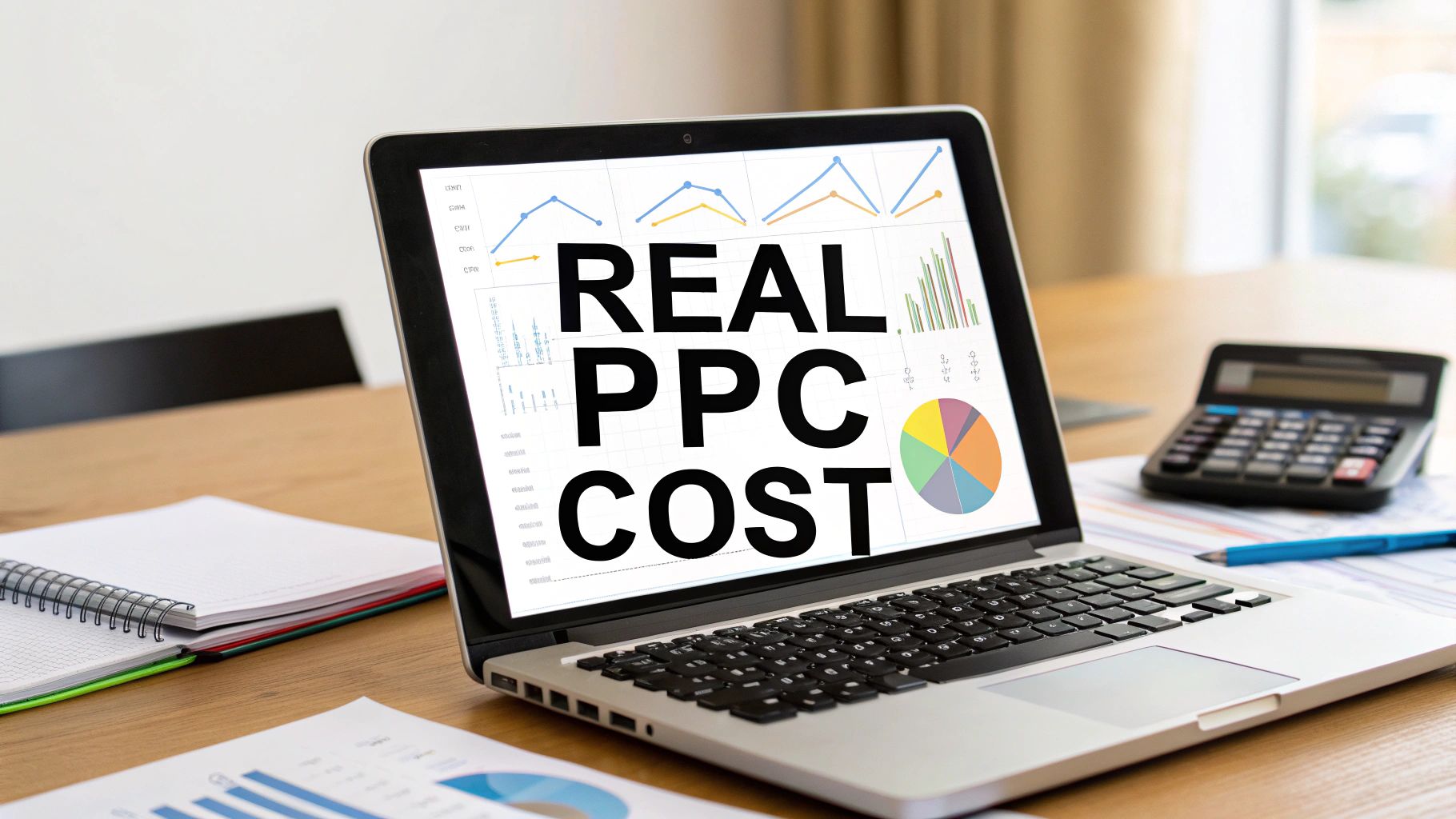
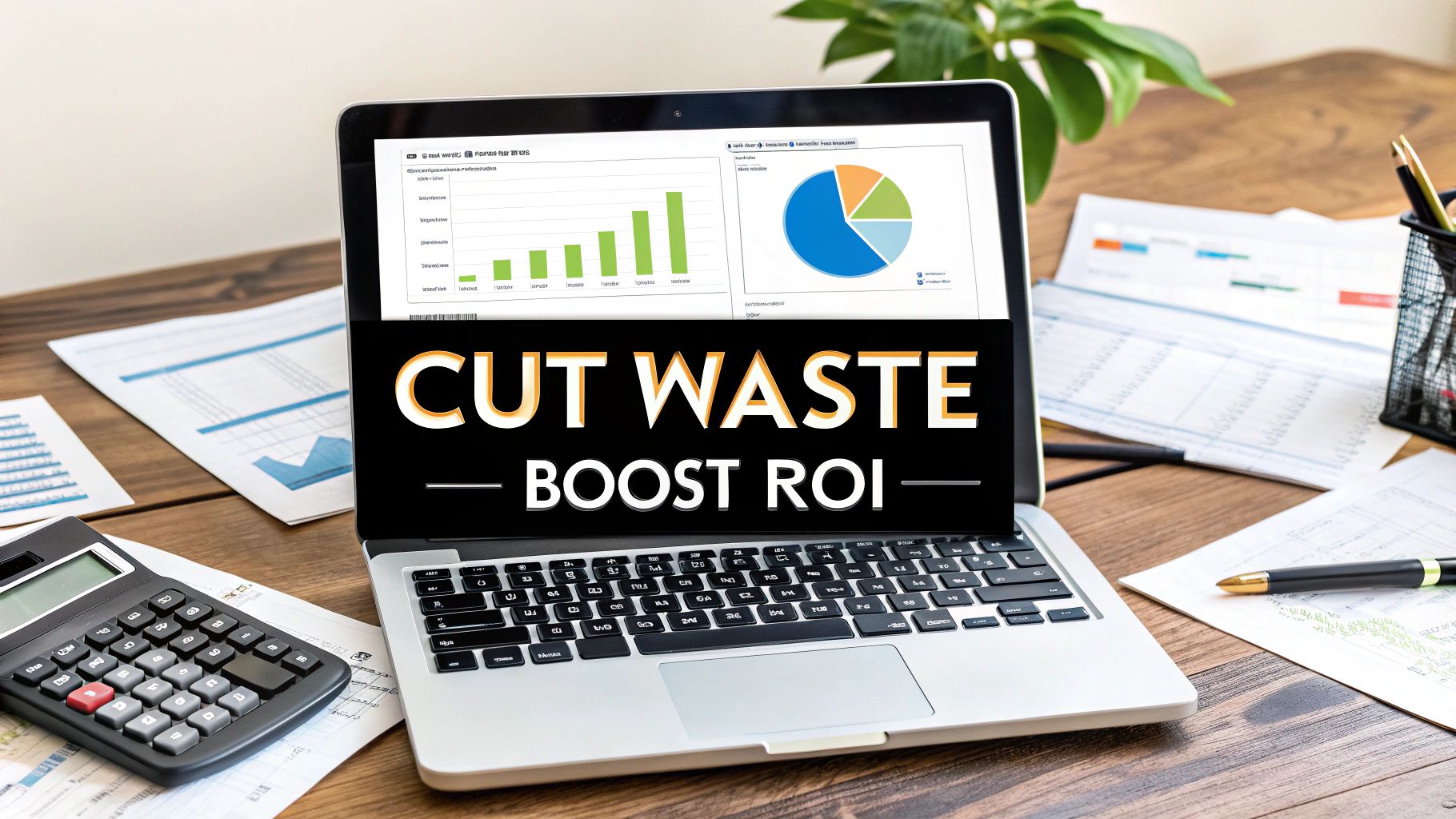
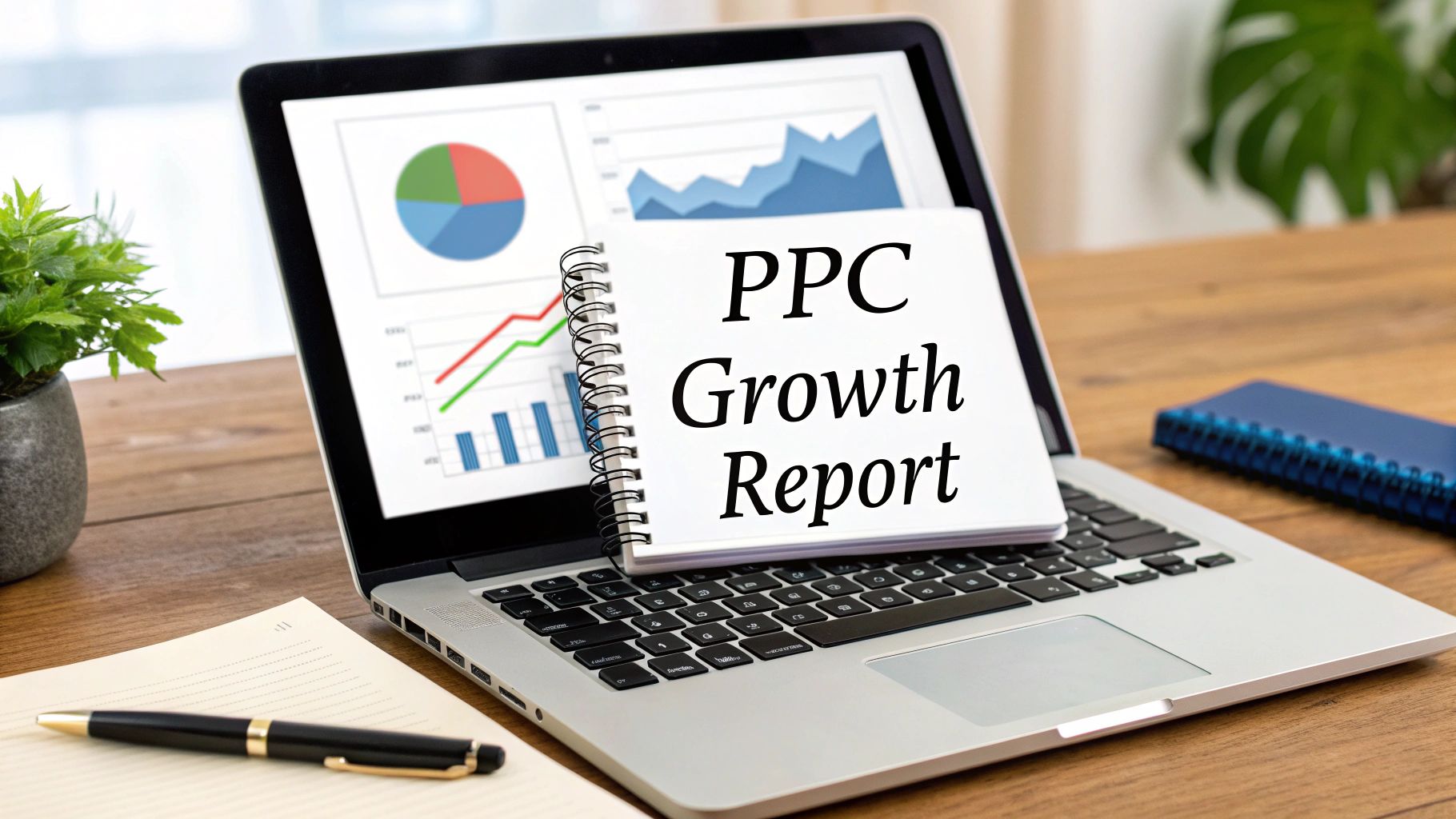
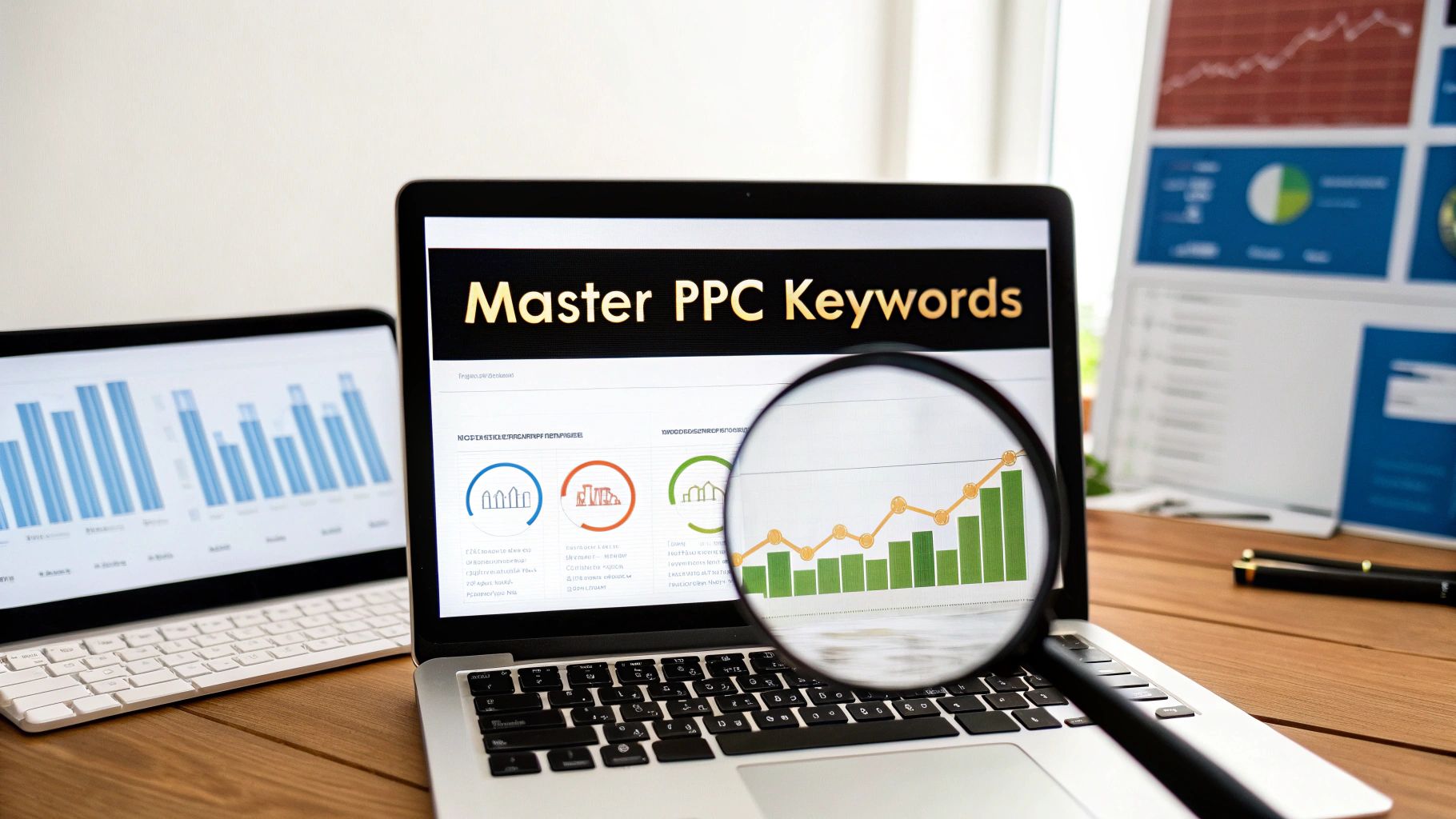
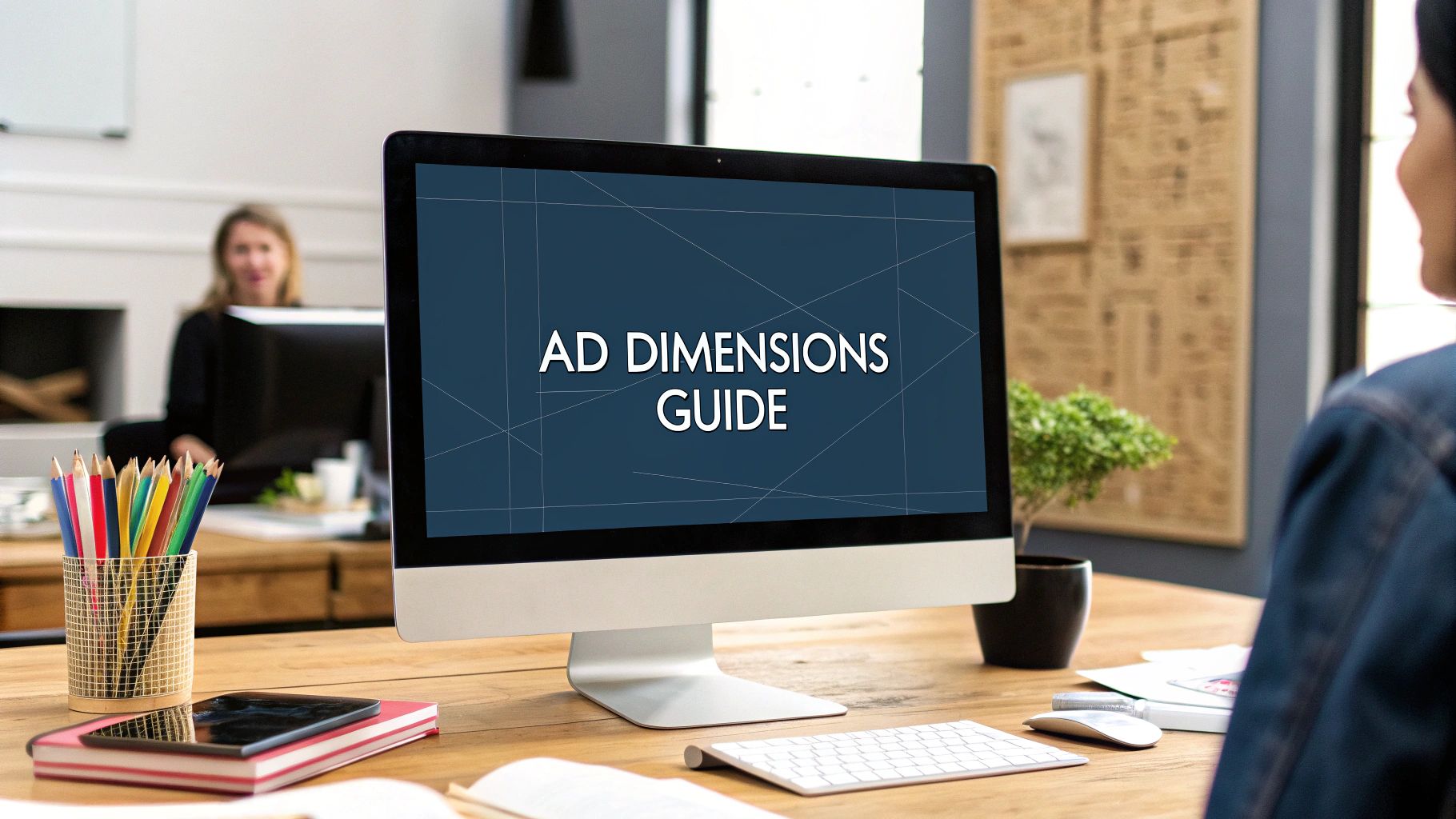
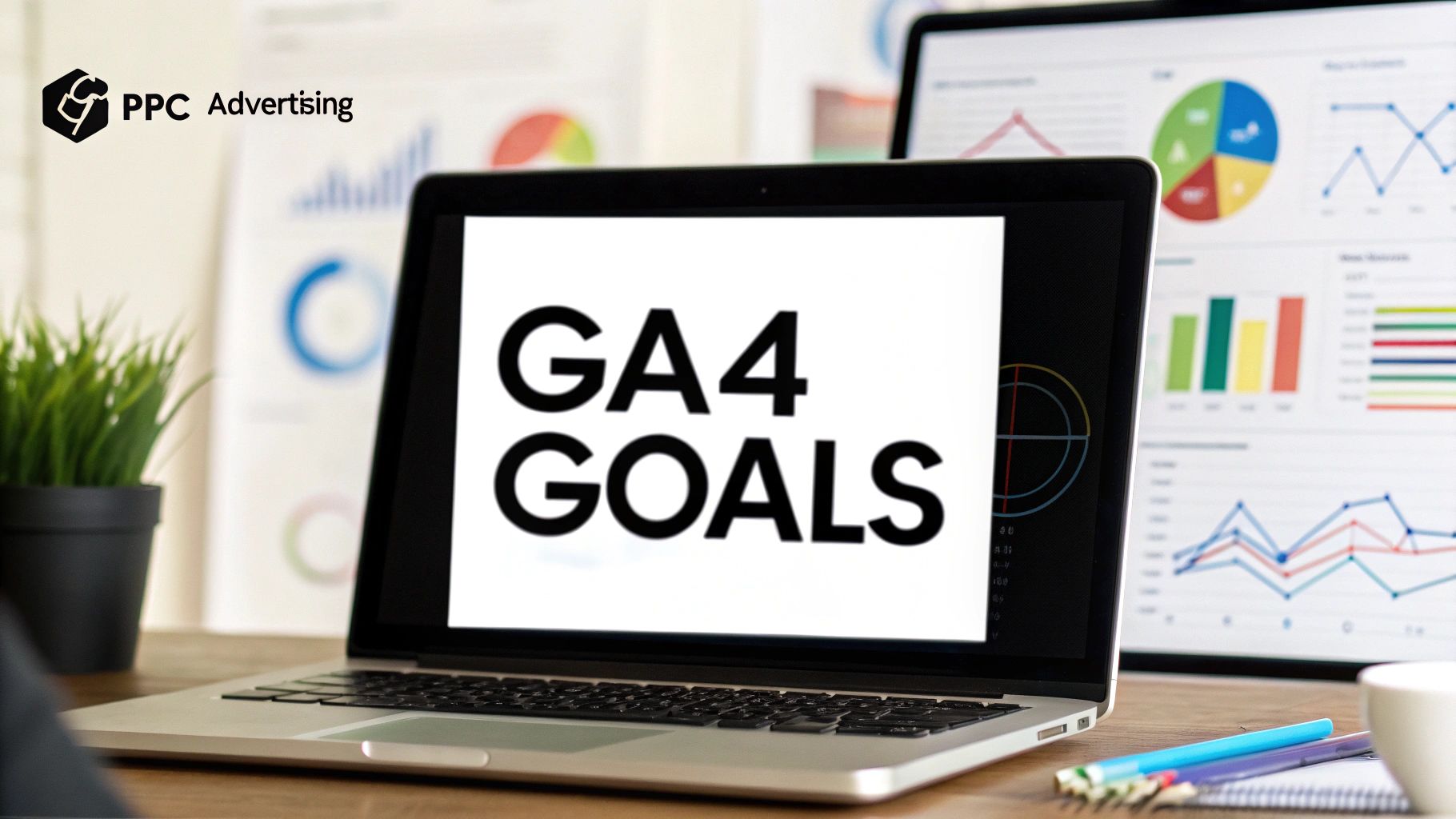
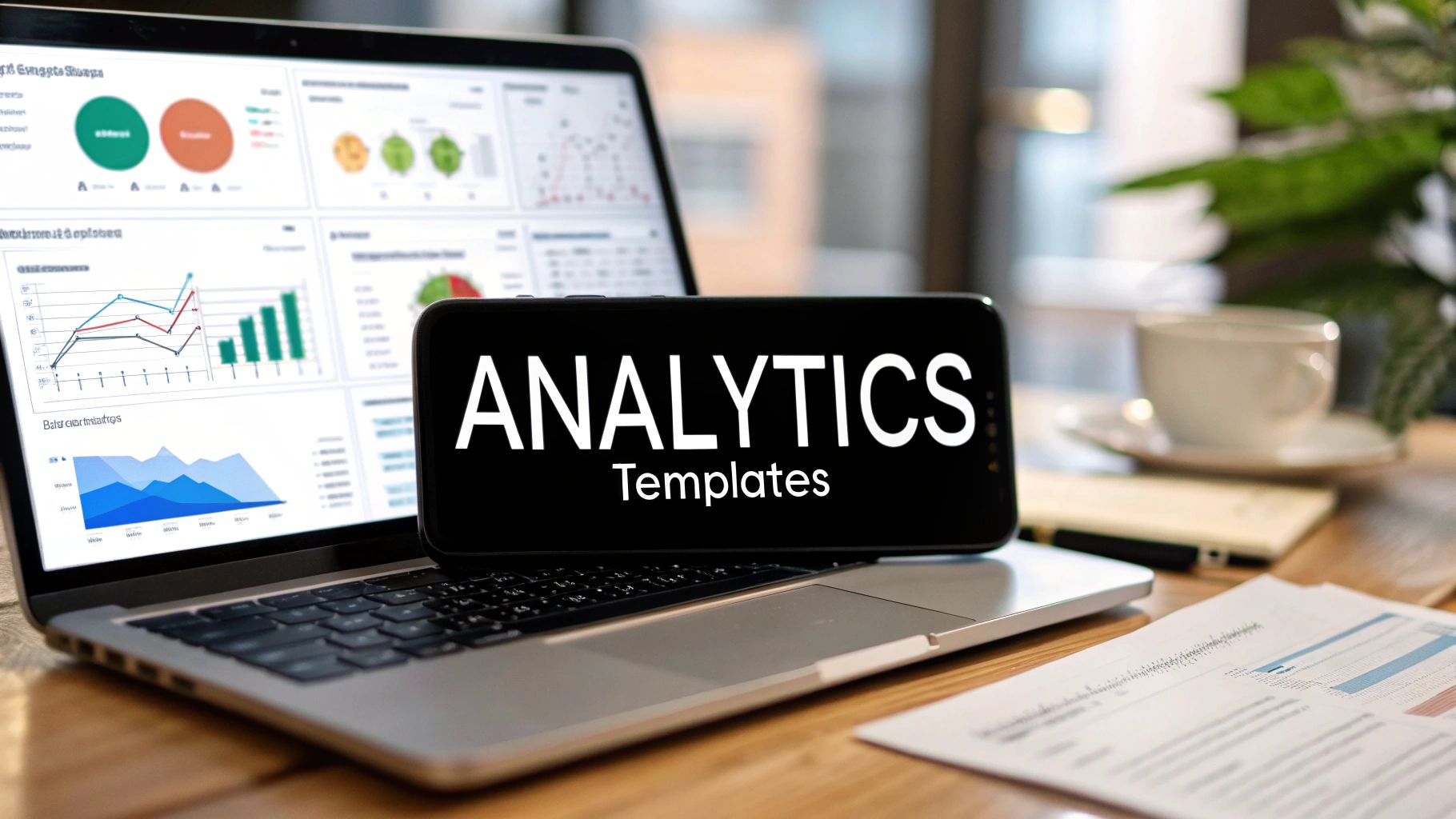
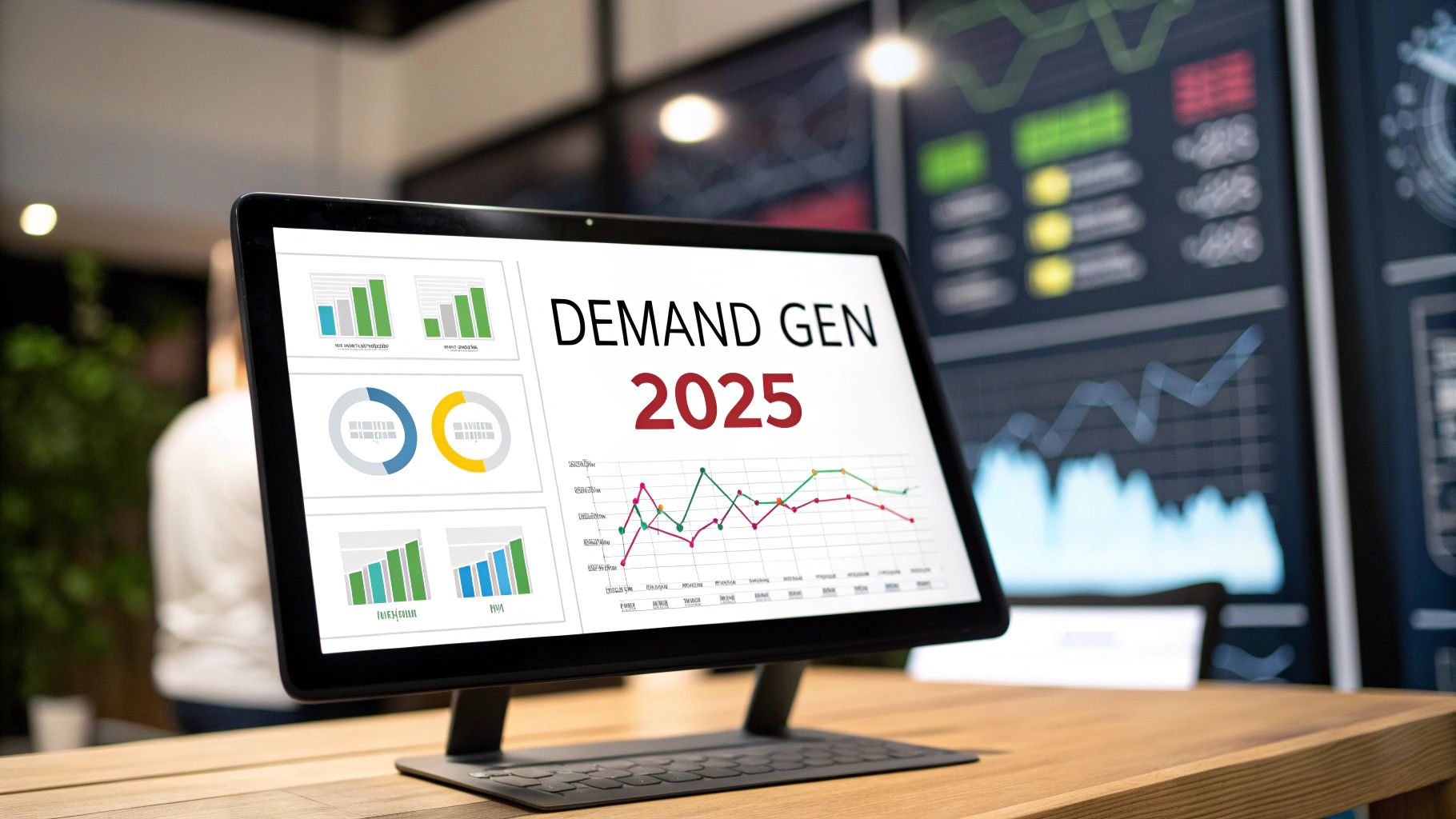
Comments